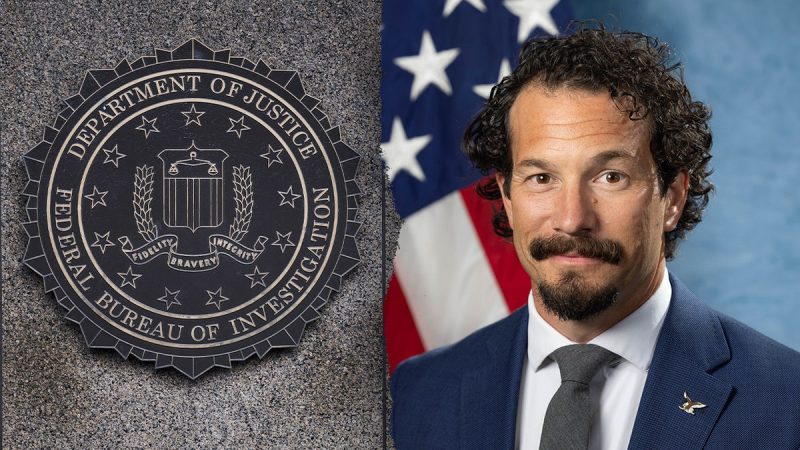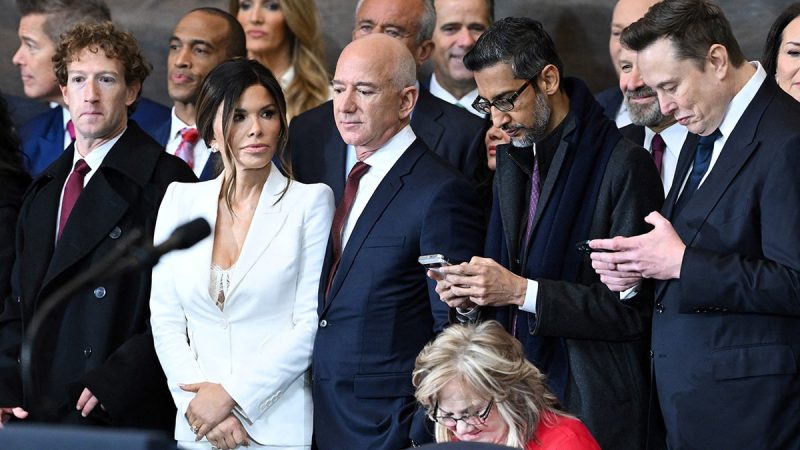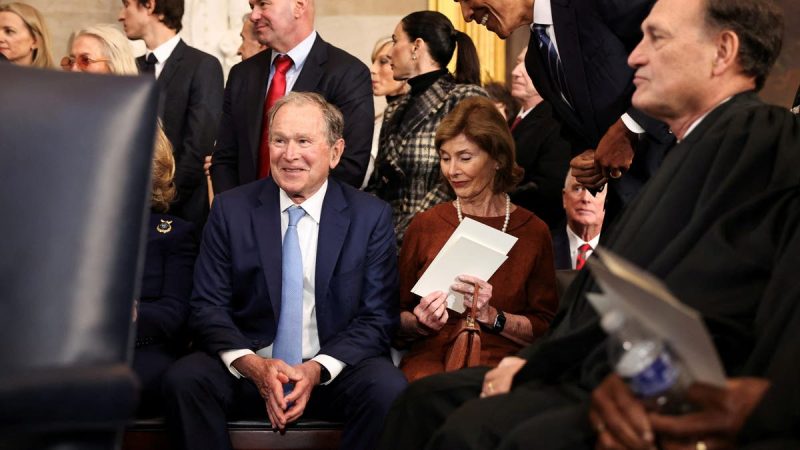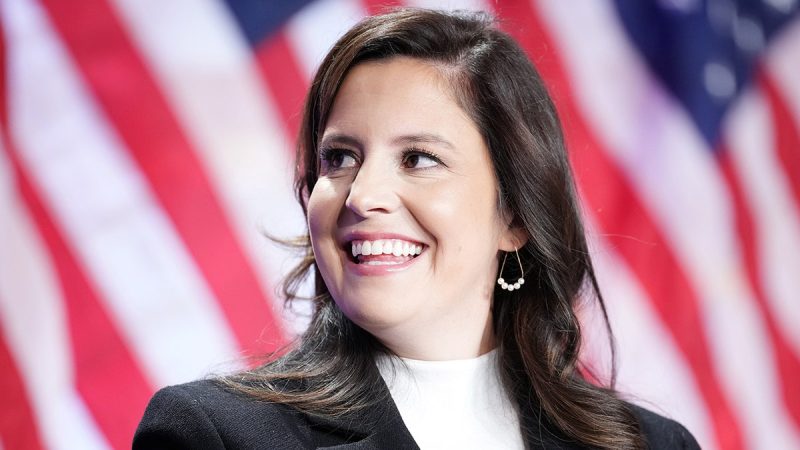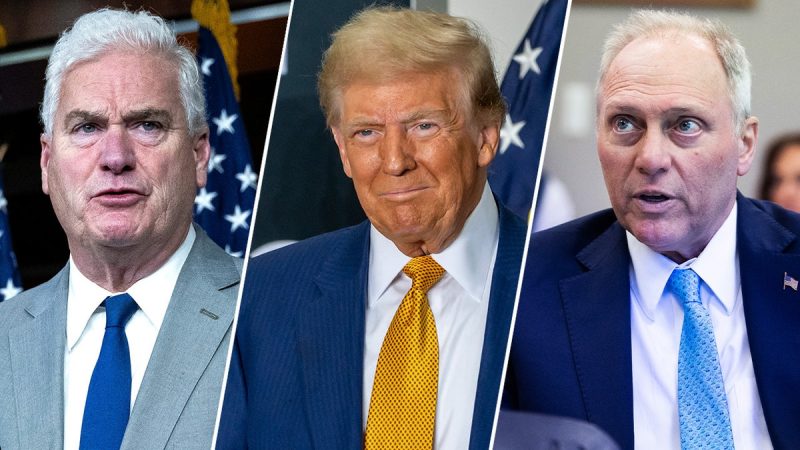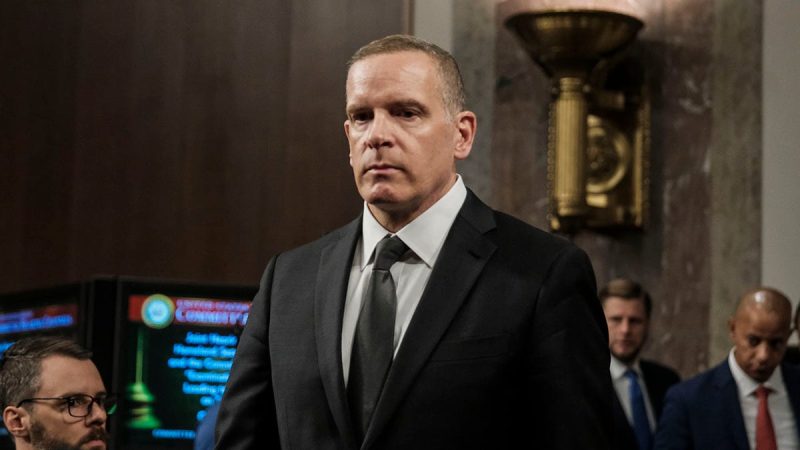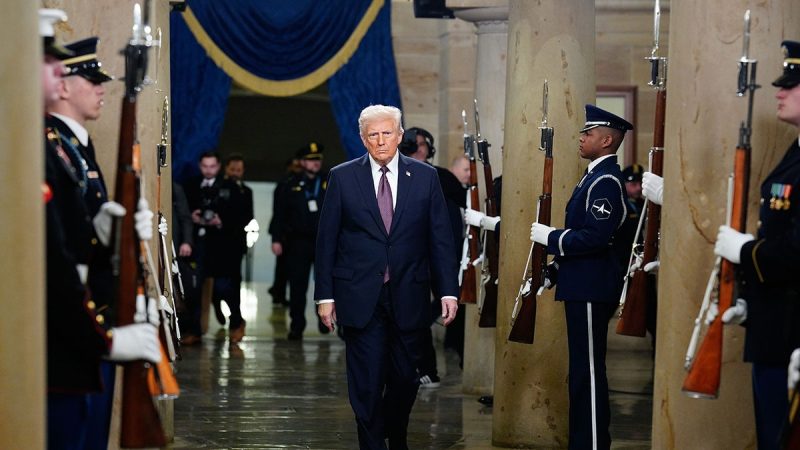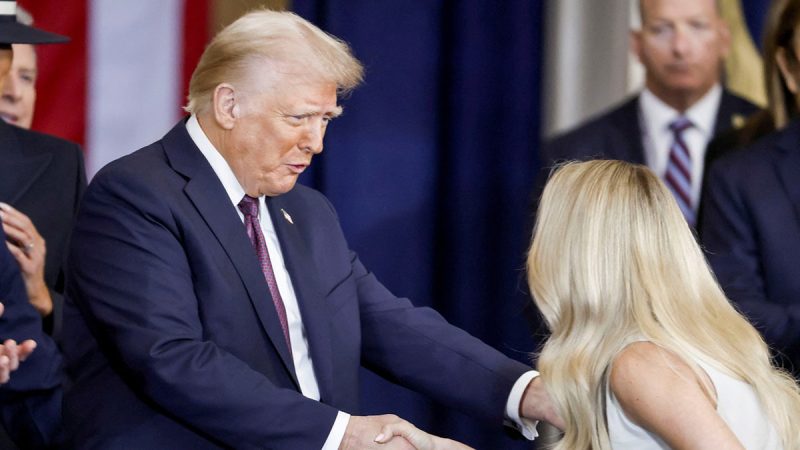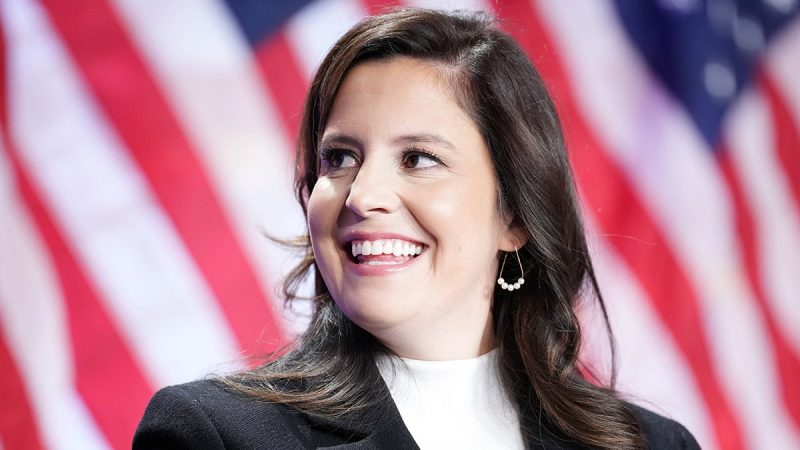
President Trump sees ‘great promise’ for the United Nations, provided it remains dedicated to its founding mission of promoting international peace and security, according to his U.N. ambassador nominee, Elise Stefanik.
‘When discussing this nomination with President Trump, the President shared with me that he sees great promise in the United Nations if it focuses on its founding mission of international peace and security. President Trump has long advocated for peace and no new wars,’ she will say, according to excerpts of her opening statement for Tuesday’s confirmation hearing before the Senate Foreign Relations Committee, obtained by Fox News Digital.
She will pledge to support Israel – as it faces chronic criticism for the war in Gaza – and work to ensure the agency is using U.S. tax dollars to advance U.S. interests.
‘As the world faces crisis after crisis, with hostages including Americans still held in Hamas’ captivity, to national security challenges ranging from China, Russia, North Korea, and Iran, it has never been more critical for the United States to lead with strength and moral clarity,’ Stefanik plans to say.
‘As a Member of Congress, I also understand deeply that we must be good stewards of U.S. taxpayer dollars. The U.S. is the largest contributor to the U.N. by far. Our tax dollars should not be complicit in propping up entities that are counter to American interests, antisemitic, or engaging in fraud, corruption, or terrorism.’
‘We must invest in programs that strengthen our national security and deliver results. To increase the efficacy of U.N. programs, we must drive reform. If confirmed, I will be the first U.N. Ambassador in over two decades to come directly from Congress – and I have a deep respect and understanding of the oversight and appropriations role of the legislative branch. I look forward to using my strong House and Senate relationships to deliver much needed reforms.’
After Tuesday’s hearing, where Stefanik will be grilled on her plans for representing the U.S. at the U.N., the Foreign Relations Committee will vote on her confirmation before it heads to a full Senate vote.
Stefanik, who currently serves as the House GOP Conference chair, is expected to sail to confirmation in the U.N. role. Sen. John Fetterman, a Democrat from Pennsylvania, has already said he will vote for her – they are both strong Israel supporters. She served on the Intelligence and Armed Services Committees, but she went viral for her work on the other side of the table last year when she questioned university presidents and their policies surrounding pro-Gaza protests during Education Committee hearings.
The U.N. ambassador is a Cabinet-level position, meaning Stefanik will regularly meet with the president to share updates and suggestions, if confirmed.
Both Trump and Stefanik have been critical of the U.N., and Trump slashed funding for certain U.N. agencies and programs during his first term.
Founded with a mission to promote global peace, development and respect for human rights after World War II, the U.N. relies on the U.S. for about a third of its budget. President Biden increased U.S. financial contributions to the U.N. and its sister agencies, boosting it from $11.6 billion in 2020 to $18.1 billion in 2022.
The U.S. gave about three times as much that year as the next-highest contributors, Germany, at $6.8 billion, and Japan, at $2.7 billion.
That amount of funding gives a new administration wiggle room to withhold funds to the U.N. if its global interests do not align with those of the U.S., a notion some Republicans have already pushed for.
Trump will be in office when the international body elects its next secretary-general in 2026, and the U.S. will have veto power over any candidate.
The U.N. particularly relies on the U.S. for global aid programs.
In 2022, it provided half of all contributions to the World Food Programme, and about a third of all contributions to the U.N. High Commissioner for Refugees, the United Nations Relief and Works Agency for Palestine Refugees in the Near East (UNRWA), and the International Organization for Migration.
And critics have warned that China has infiltrated the agency – the CCP doubled the number of its nationals employed at the U.N. to nearly 15,000 from 2009 to 2021.



